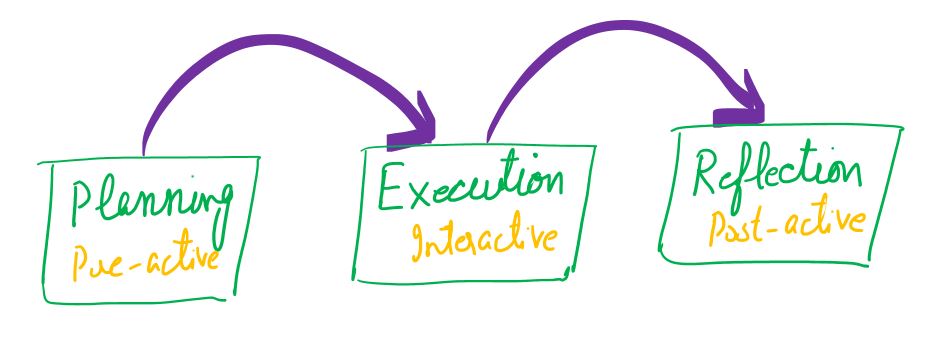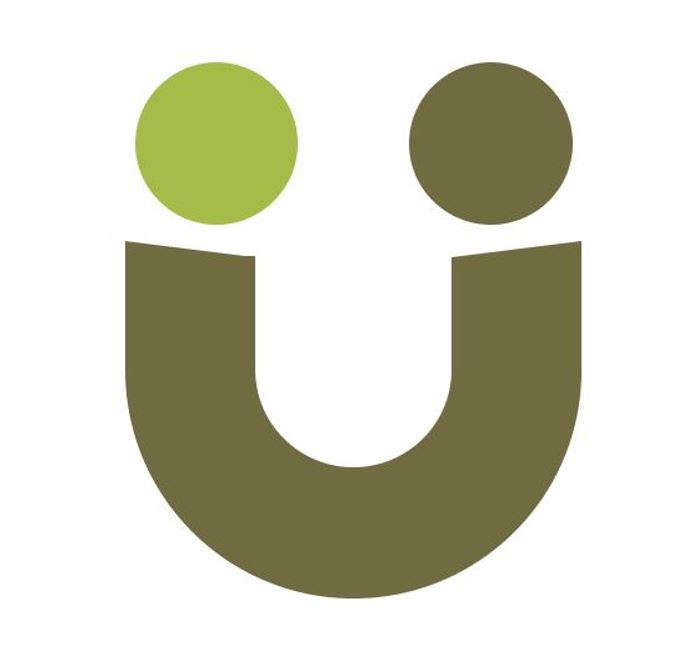Process of Teaching
The process of teaching encompasses the systematic and intentional facilitation of learning experiences to enable students to acquire knowledge, develop skills, and cultivate attitudes and values. It involves planning and organizing instructional activities, delivering content through various teaching methods, assessing student understanding and progress, providing feedback, and reflecting on teaching practices to continuously improve the learning experience.

The process of Teaching can be broken down into following 3 distinct phases.
1. The Planning Phase
In this initial stage, educators engage in preparatory activities, such as crafting lesson plans, establishing clear learning objectives, selecting appropriate teaching techniques and methodologies, curating the content to be delivered, and developing assessment tools. For instance, a science teacher might plan a lesson on photosynthesis by outlining key concepts, choosing relevant experiments, and creating assessments to gauge students’ understanding.
2. The Execution Phase
This is the pivotal stage where the carefully devised plans come to life. Teachers create meaningful learning experiences for students in diverse settings, which could include classrooms, laboratories, outdoor environments, or libraries. This phase is all about effectively presenting and delivering the prepared content. For example, during the execution phase of the photosynthesis lesson, the teacher conducts experiments, guides class discussions, and uses multimedia resources to convey the topic.
3. The Reflection Phase
After the interactive phase, it is essential to review and assess the outcomes. The reflection phase involves evaluating student learning results, pinpointing areas that may have posed challenges, introspecting on teaching methods, and making necessary adjustments for future instruction. To continue with our example, the teacher might review assessment scores and student feedback to determine if certain aspects of the photosynthesis lesson need improvement, and subsequently adapt the lesson plan or teaching approach accordingly.
These phases are also commonly referred to as the pre-active, interactive, and post-active phases in the teaching process. Each phase is integral to effective teaching, ensuring that educators plan thoroughly, engage students dynamically, and continuously refine their methods to enhance the learning experience.
UGC NET Previous Year Questions (Process of Teaching)
1.) Which of the following operations comes under the pre-active phase of teaching according to Philip. W. Jackson? (UGC NET 01st Oct 2022 Morning)
(A) Diagnosis of the learners.
(B) Decision about the strategies.
(C) Actions and reactions.
(D) Selecting appropriate testing devices.
ANS. B
2.) What are the activities associated with its interactive stage? (UGC NET 4th Nov 2020 Morning paper)
A. Planning of lesson
B. Determining learning outcomes
C. Presenting the content interspersed with questions
D. Providing feedback and probing, if need be
E. Motivating and monitoring student’s tasks
Choose the correct answer from the options given below:
(A) A, B and C only
(B) B, C and D only
(C) A, C and D only
(D) C, D and E only
ANS. D



